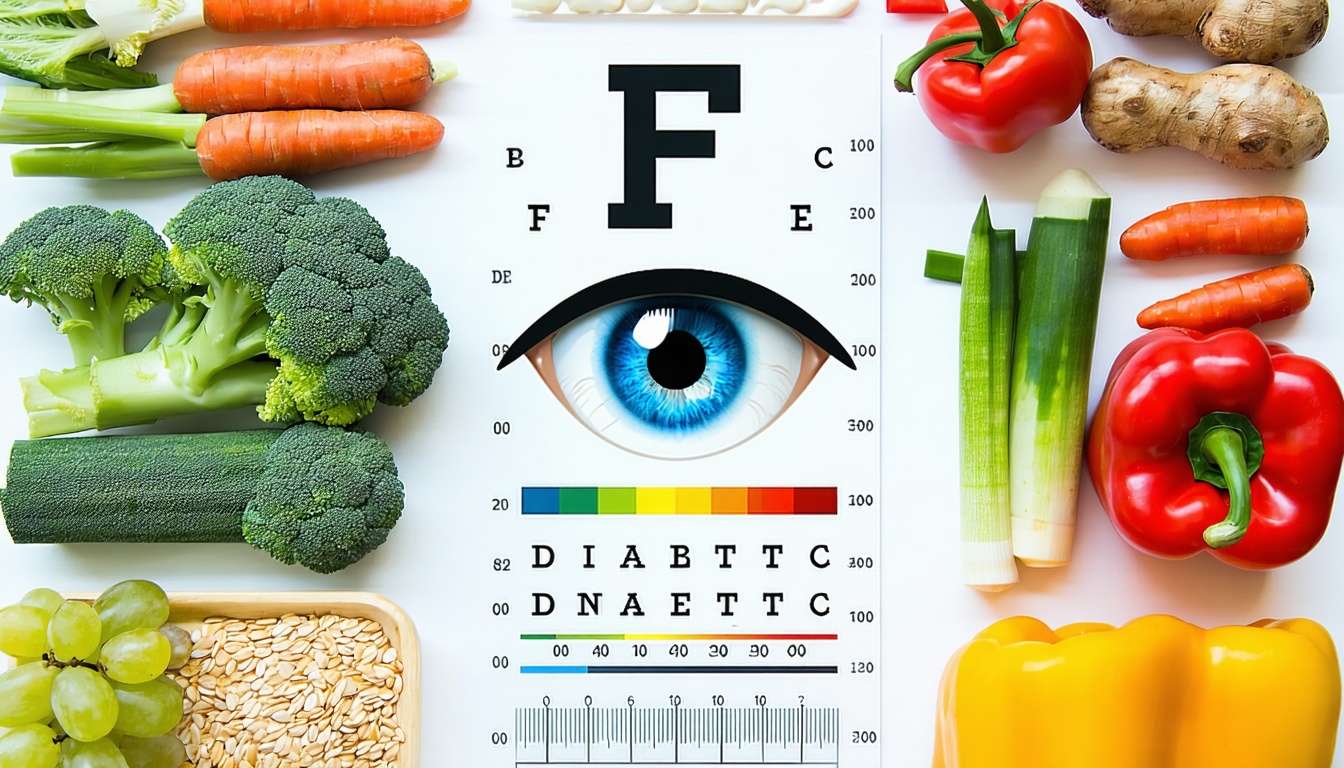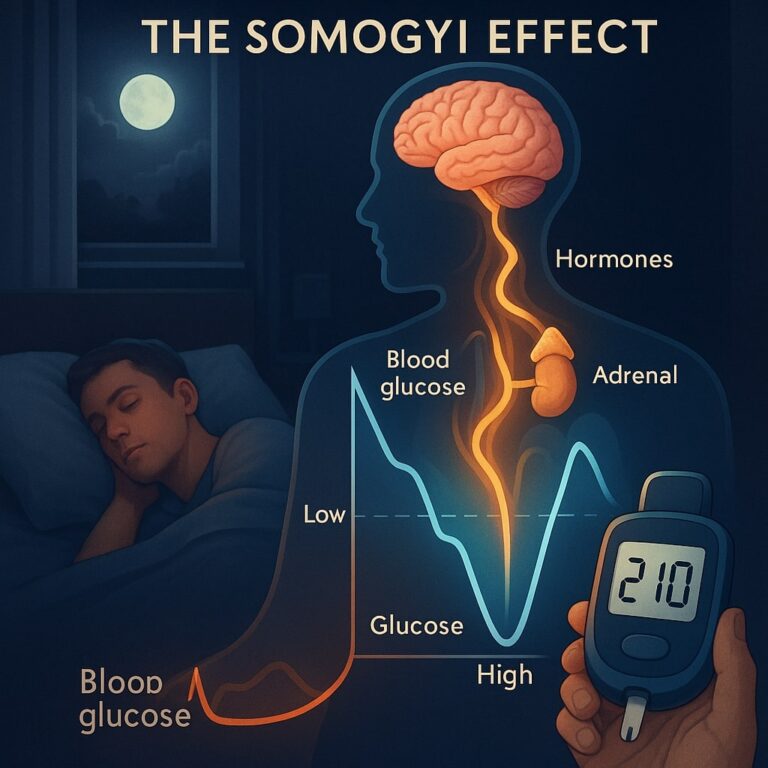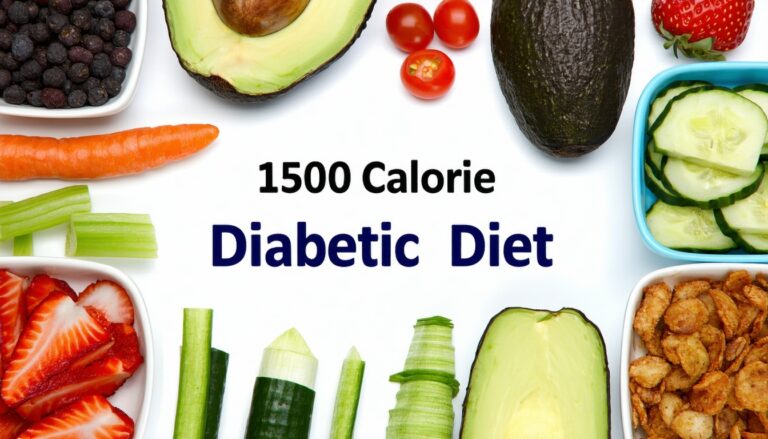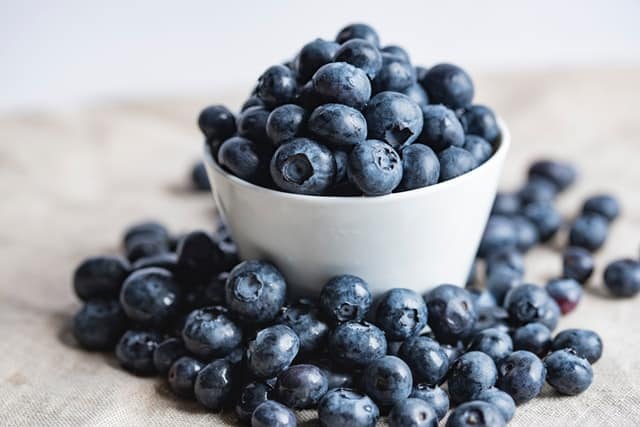Can Diabetic Retinopathy Be Reversed with Diet? The Truth!
If you’ve ever asked yourself, “can diabetic retinopathy be reversed with diet,” you’re certainly not alone. We know how frustrating it can be to manage diabetes while also worrying about your vision. Diabetic retinopathy is tied to high blood sugar levels that slowly damage the retina, leading to vision issues over time. While there isn’t a quick fix, research suggests that a healthy eating plan could delay progression and, in some cases, even improve certain markers of this condition.
Understand Diabetic Retinopathy
Diabetic retinopathy happens when the blood vessels in the retina become weakened by prolonged high blood sugar (often associated with type 1, type 2, or gestational diabetes). These fragile vessels can leak fluid or blood, causing swelling and vision changes. If blood sugar control remains poor, the body creates new, delicate vessels that are prone to more leaking and bleeding (Medical News Today).
Wondering why consistent blood sugar control matters so much? One meta-analysis found that rigorous blood sugar management can reduce retinopathy progression by about 23 percent and lower macular edema incidence by 34 percent in individuals with type 2 diabetes (PMC). That’s a serious incentive to watch those glucose levels.
Explore Dietary Approaches
We believe a balanced, nutrient-rich eating plan can be a big factor in protecting your eyes. Doctors and researchers often recommend a Mediterranean-style diet that includes fruits, vegetables, whole grains, olive oil, nuts, and oily fish like salmon or sardines (Healthline). In fact, a 2016 study discovered that consuming at least 500 mg of omega-3 fats daily (about two servings of oily fish per week) cut the risk of sight-threatening retinopathy by almost 60 percent for those with type 2 diabetes.
Similarly, high fruit intake has been linked to lower rates of diabetic retinopathy. One study found that eating at least 173 grams of fruit each day was tied to about a 50 percent reduction in retinopathy incidence (PMC). Leafy greens, nuts, and colorful produce provide antioxidants that may help protect the retina from ongoing damage.
Helpful Foods At A Glance
Below is a quick-reference table of foods that have shown promise in various studies:
| Food | Potential Benefit |
|---|---|
| Oily Fish | Rich in omega-3, linked to a ~60% lower DR incidence |
| Fruits | Daily intake tied to a 50% drop in retinopathy risk |
| Nuts (e.g., walnuts) | Contain anti-inflammatory and antioxidant properties |
| Saffron | May reduce insulin resistance and support visual acuity |
| Leafy Greens | Provide lutein and zeaxanthin, aiding macular health |
Look Into Historical Evidence
Back in 1958, Walter Kempner showed that a strict rice-and-fruit diet reversed certain diabetic retinopathy symptoms in some patients (Retinal Physician). While that’s an extreme program, it demonstrates how dietary changes can sometimes help strengthen retinal health.
More modern studies keep pointing in the same direction. Researchers frequently highlight the benefits of nutritional supplements containing vitamins C, D, and E, along with lutein, zeaxanthin, and other nutrients that may protect retinal tissue (American Optometric Association). Taken alongside a balanced meal plan, these nutrients seem to support eye health.
Manage Overall Blood Sugar
Healthy eating can only go so far if blood sugar remains persistently elevated. Combining a mindful diet with regular exercise, consistent medication routines, and routine eye exams offers the best odds of preventing complications. Even a modest reduction in Hemoglobin A1c (HbA1c) levels—about 1 percent—can reduce the risk of developing retinopathy by 35 percent (PMC).
- Check your blood sugar often to spot spikes early.
- Plan your meals in balanced portions. For instance, you can follow a 1500 calorie diabetic diet or a similar strategy that meets your needs.
- If you also deal with nerve issues, browsing our best foods for neuropathy might help.
Practical Meal Planning Tips
Making big dietary changes can feel overwhelming. We recommend small, consistent tweaks over time:
- Replace Processed Carbs: Swap white bread for whole grains.
- Aim For Oily Fish Twice Weekly: Salmon, mackerel, or sardines are great choices.
- Up Your Fruit And Veggie Game: Layer color on your plate to boost antioxidant intake.
- Incorporate Nuts: Walnuts or almonds might help calm inflammation.
- Watch Your Sodium Intake: Excess sodium can raise blood pressure and worsen eye health.
For more variety, you could explore a diabetic diet for picky eaters. Personalized options can keep meals enjoyable without sacrificing nutrition.
Our Perspective On Reversal
So, can diabetic retinopathy be reversed with diet? The short answer is that fully reversing long-established retinopathy may not be guaranteed, but there’s plenty of evidence suggesting we can slow or even halt further damage through strategic food choices and excellent blood sugar management. In some cases, especially in the earlier stages of diabetic retinopathy, certain dietary approaches have led to measurable improvements in eye health.
Ultimately, any meaningful improvement requires a team effort—and that includes you, your healthcare provider, and possibly a registered dietitian. By working together and staying motivated, we can give our eyes the best chance at staying healthy.
Closing Thoughts
A healthier diet is more than a passing trend. It’s a chance to protect our vision, potentially slow diabetic retinopathy, and improve overall wellness. Simple changes like eating more fruits and veggies, prioritizing oily fish, and keeping an eye on our blood sugar might make all the difference. Have you discovered any helpful routines or recipes? We’d love to hear them. Feel free to share your tips with our community—your experiences could brighten someone else’s path.
Image Credit







Leave a Reply